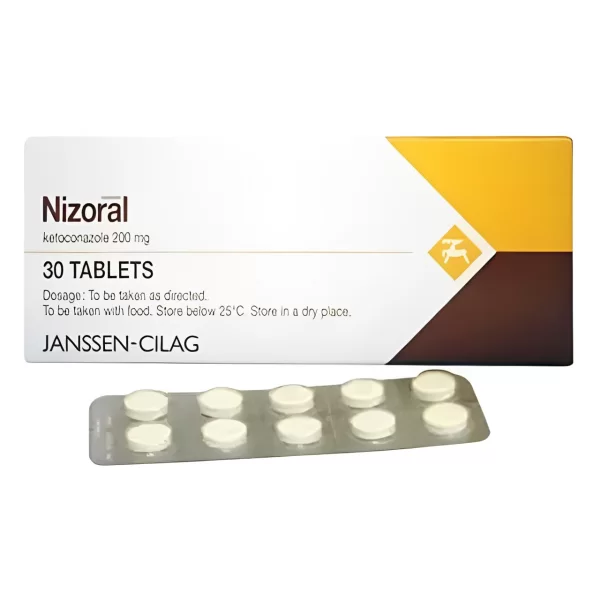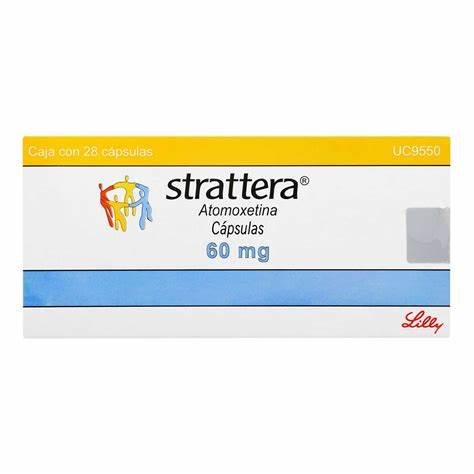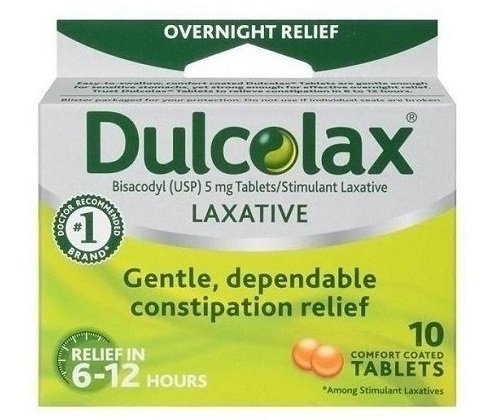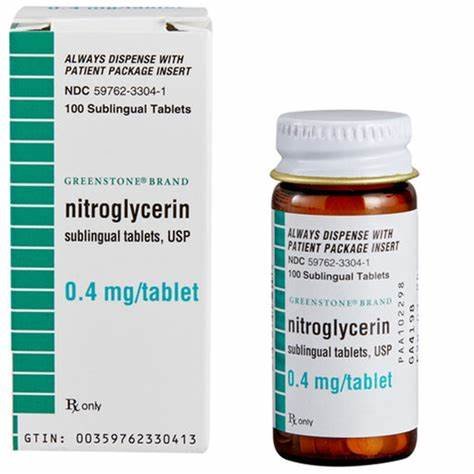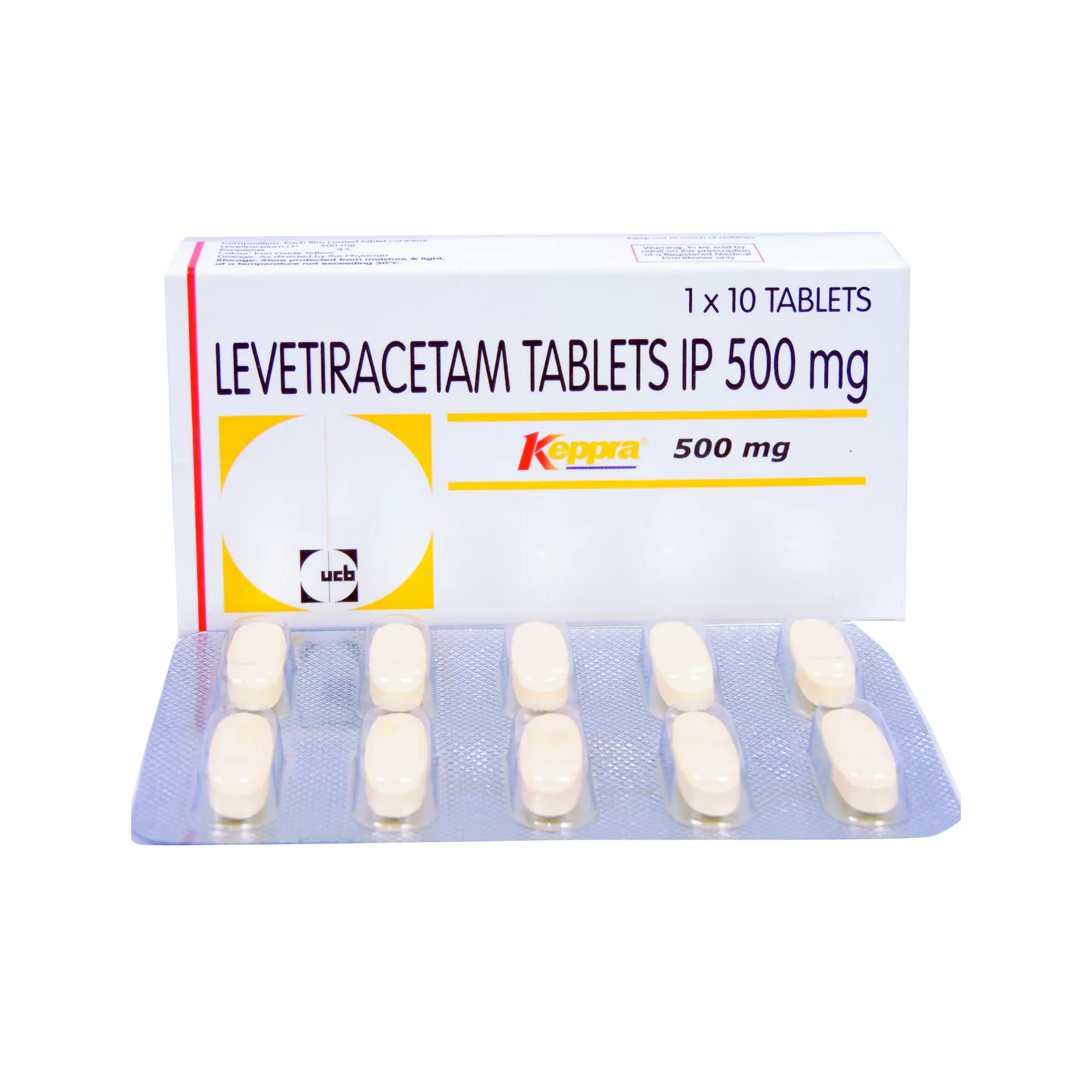
Keppra
Keppra - 500mg
| Product | Per Pill | Savings | Per Pack | Order |
|---|---|---|---|---|
| 30 pills | $4.48 | $134.29 | Buy Now | |
| 60 pills | $3.43 | $62.85 | $268.59 $205.74 | Buy Now |
| 90 pills | $3.08 | $125.70 | $402.88 $277.18 | Buy Now |
| 120 pills | $2.91 | $188.55 | $537.17 $348.62 | Buy Now |
| 180 pills | $2.73 | $314.24 | $805.75 $491.51 | Buy Now |
Keppra - 250mg
| Product | Per Pill | Savings | Per Pack | Order |
|---|---|---|---|---|
| 30 pills | $2.39 | $71.59 | Buy Now | |
| 60 pills | $2.02 | $21.75 | $143.19 $121.44 | Buy Now |
| 90 pills | $1.90 | $43.49 | $214.77 $171.28 | Buy Now |
| 120 pills | $1.84 | $65.24 | $286.37 $221.13 | Buy Now |
| 180 pills | $1.78 | $108.73 | $429.55 $320.82 | Buy Now |
| 270 pills | $1.74 | $173.97 | $644.33 $470.36 | Buy Now |
Overview of Keppra
General Introduction
Keppra, known by its generic name levetiracetam, is an anticonvulsant medication widely used to treat seizures in individuals with epilepsy. It stabilizes electrical activity in the brain, effectively reducing the frequency and severity of seizures. Keppra is commonly prescribed for managing partial-onset seizures, myoclonic seizures, and primary generalized tonic-clonic seizures. Its availability in various forms, including tablets, oral solutions, and injectable solutions, offers flexibility in administration to suit the needs of different patients.
History of Development and Approval
Levetiracetam was developed in the early 1990s and gained approval from the U.S. Food and Drug Administration (FDA) in 1999 for treating partial-onset seizures. Subsequent approvals were granted for its use in managing myoclonic and primary generalized tonic-clonic seizures. Due to its broad-spectrum efficacy and favorable safety profile, Keppra quickly became a widely prescribed option for epilepsy treatment.
Key Benefits
Keppra offers several key benefits for patients with epilepsy:
- Effective Seizure Control: Reduces both the frequency and severity of seizures.
- Broad-Spectrum Efficacy: Effective for various seizure types, including partial-onset, myoclonic, and generalized tonic-clonic seizures.
- Favorable Safety Profile: Generally well-tolerated with a low risk of severe side effects.
- Multiple Formulations: Available in tablets, oral solutions, and injectable forms, providing options for flexible administration.
Unique Properties
Keppra is distinguished by its broad-spectrum efficacy and minimal potential for drug interactions. Unlike many other anticonvulsants, Keppra does not significantly alter the metabolism of other medications, making it an ideal choice for patients on multiple drug regimens.
Comparison with Similar Medications
Compared to other anticonvulsants, Keppra provides distinct advantages:
- Fewer Drug Interactions: Minimal impact on the metabolism of other medications.
- Rapid Onset of Action: Provides quicker stabilization of seizure activity.
- Well-Tolerated: Lower risk of severe side effects compared to some other anticonvulsants.
Safety and Tolerability
Keppra is generally well-tolerated when used as directed. Common side effects include drowsiness, dizziness, and fatigue. Serious side effects are rare but can include severe allergic reactions and psychiatric symptoms such as mood changes and depression. Regular monitoring by a healthcare provider is essential to ensure patient safety and optimal therapeutic outcomes.
Indications for Use
Diseases and Conditions Treated
Keppra is prescribed for:
- Partial-Onset Seizures: With or without secondary generalization in patients with epilepsy.
- Myoclonic Seizures: In patients with juvenile myoclonic epilepsy.
- Primary Generalized Tonic-Clonic Seizures: In patients with idiopathic generalized epilepsy.
Symptoms Indicating Use
Patients experiencing frequent or severe seizures, including partial-onset, myoclonic, or generalized tonic-clonic seizures, may benefit from Keppra. It is particularly effective for individuals requiring broad-spectrum seizure control with minimal drug interactions.
Dosage and Administration
Recommended Dosage for Adults
The typical starting dose of Keppra for adults with partial-onset seizures is 500 mg taken twice daily. Depending on the patient's response and tolerance, the dose can be increased every two weeks by 1000 mg/day, up to a maximum recommended dose of 3000 mg/day. For myoclonic and primary generalized tonic-clonic seizures, similar dosing adjustments are recommended.
Dosage for Children
For children aged 4 to 16 years with partial-onset seizures, the recommended starting dose is 10 mg/kg taken twice daily. The dose can be adjusted every two weeks by increments of 20 mg/kg/day, up to a maximum dose of 60 mg/kg/day. Pediatric dosing should always be determined by a healthcare provider to ensure safety and efficacy.
Dosage for Elderly Patients
Elderly patients may require dose adjustments based on overall health and kidney function. Lower doses are often recommended to minimize the risk of side effects such as drowsiness and dizziness. Regular monitoring is crucial to ensure the medication's effectiveness and safety.
Optimal Timing of Administration
Keppra should be taken twice daily, once in the morning and once in the evening, with or without food. Consistent timing of administration helps maintain stable blood levels of the medication, enhancing its effectiveness.
Frequency of Administration
Keppra is typically administered twice daily. Adhering to the prescribed frequency ensures the medication's effectiveness and minimizes the risk of missed doses.
Impact of Food on Efficacy
Food does not significantly impact the efficacy of Keppra, allowing flexible administration with or without meals. Consistent timing relative to meals helps maintain stable blood levels and optimal therapeutic outcomes.
Pharmacological Action
Mechanism of Action
Levetiracetam, the active ingredient in Keppra, works by binding to the synaptic vesicle protein SV2A in the brain. This action modulates neurotransmitter release and stabilizes neuronal activity, reducing the likelihood of seizures.
Molecular and Cellular Targets
Levetiracetam targets the synaptic vesicle protein SV2A, which is involved in neurotransmitter release at synapses. By binding to this protein, Keppra regulates synaptic transmission and stabilizes neuronal activity, preventing abnormal electrical discharges that cause seizures.
Metabolic Pathways
Levetiracetam is minimally metabolized in the liver and is primarily excreted unchanged via the kidneys. The half-life of levetiracetam is approximately 6 to 8 hours, allowing for effective seizure control with twice-daily dosing.
Biochemical Changes
By binding to SV2A, Keppra reduces the release of excitatory neurotransmitters, stabilizing neuronal activity and preventing seizures. This biochemical change helps manage various types of seizures and improves overall seizure control.
Physiological Effects
The physiological effects of Keppra include reduced seizure frequency and severity, leading to improved seizure control and better quality of life for patients with epilepsy. Patients may experience fewer seizure-related disruptions to daily activities and enhanced overall well-being.
Composition
Active Ingredient
The active ingredient in Keppra is levetiracetam, available in various strengths, including 250 mg, 500 mg, 750 mg, and 1000 mg tablets, as well as 100 mg/mL oral solution and injectable solutions.
Inactive Ingredients
Inactive ingredients in Keppra tablets may include colloidal anhydrous silica, corn starch, hydroxypropyl cellulose, magnesium stearate, polyethylene glycol, povidone, and titanium dioxide. These ingredients help in the formulation and stability of the medication, ensuring its effectiveness and safety.
Role of Each Component
Levetiracetam acts as the primary therapeutic agent, while inactive ingredients ensure proper formulation, stability, and absorption of the medication. The inactive ingredients also contribute to the tablet’s integrity and ease of administration.
Side Effects
Common Side Effects
Common side effects of Keppra include:
- Drowsiness: Feeling sleepy or tired.
- Dizziness: Feeling lightheaded or unsteady.
- Fatigue: General feeling of weakness.
- Irritability: Increased sensitivity to stimuli and mood changes.
Rare Side Effects
Rare side effects may include:
- Severe Allergic Reactions: Symptoms such as difficulty breathing, swelling of the face, lips, or tongue.
- Psychiatric Symptoms: Such as depression, anxiety, or suicidal thoughts.
- Severe Skin Reactions: Including Stevens-Johnson syndrome and toxic epidermal necrolysis.
Serious Side Effects
Serious side effects requiring immediate medical attention include:
- Severe Allergic Reactions: Symptoms such as difficulty breathing, swelling of the face, lips, or tongue.
- Severe Psychiatric Symptoms: Such as suicidal thoughts, severe mood changes, or psychosis.
- Severe Skin Reactions: Symptoms such as rash, blistering, or peeling skin.
Frequency and Severity
Most side effects are mild and transient, occurring primarily during the initial phase of treatment. Serious side effects are rare but warrant close monitoring by a healthcare provider. Regular follow-up appointments can help manage and mitigate these risks.
Prevention of Side Effects
General Precautions
To minimize side effects, patients should follow the prescribed dosage and avoid taking more than the recommended dose. It is important to inform the healthcare provider of any existing medical conditions and medications being taken, particularly those that may interact with Keppra.
Recommendations for Better Tolerability
Using Keppra as directed and maintaining regular follow-up appointments with a healthcare provider can improve tolerability. Patients should be educated on the importance of adhering to the prescribed treatment regimen and monitoring their response to the medication. Staying hydrated and avoiding activities that require alertness if experiencing drowsiness can also help reduce side effects.
Contraindications
Conditions and Diseases
Keppra is contraindicated in patients with:
- Known Hypersensitivity: To levetiracetam or any of its components.
- Severe Renal Impairment: May require dose adjustments or alternative treatments.
- Pregnancy and Lactation: Should be used with caution and under the guidance of a healthcare provider.
Explanation of Contraindications
Levetiracetam may exacerbate certain conditions, such as severe renal impairment, due to its excretion pathways. Hypersensitivity reactions can cause severe allergic responses, making it crucial to assess a patient’s medical history before prescribing Keppra.
Warnings and Precautions
Potential Risks
Patients should be monitored for signs of severe allergic reactions, psychiatric symptoms, and severe skin reactions, particularly during the initial phase of treatment. Regular follow-up appointments and communication with a healthcare provider are essential to ensure safe use.
Safety Measures
Regular monitoring by a healthcare provider, starting with a low dose and adjusting as needed, can help mitigate risks. Patients should be instructed to report any symptoms of severe allergic reactions, psychiatric symptoms, or skin reactions immediately.
Missed Dose
Immediate Actions
If a dose is missed, it should be taken as soon as remembered unless it is almost time for the next dose. Do not double the dose to catch up. Continue with the regular dosing schedule to maintain consistent blood levels of the medication.
Preventive Strategies
Using reminders and keeping a consistent schedule can help prevent missed doses. Patients can set alarms, use medication reminder apps, or keep a medication diary to track their doses, ensuring adherence to the treatment regimen.
Drug Interactions
Interacting Medications
Keppra may interact with various medications, including:
- CNS Depressants: Such as alcohol and benzodiazepines, which can enhance the sedative effects of Keppra.
- Other Anticonvulsants: Such as phenytoin and carbamazepine, which can affect the plasma levels of levetiracetam.
- Methotrexate: Can increase the risk of toxicity.
Effects of Interactions
These interactions can affect the metabolism and efficacy of Keppra or the concomitant medications. For instance, combining Keppra with CNS depressants can increase the risk of sedation and drowsiness. Monitoring for side effects and adjusting dosages may be necessary to manage these interactions.
Avoiding Interactions
Inform the healthcare provider of all medications being taken to avoid potential interactions. Patients should not start, stop, or change the dosage of any medicines without their healthcare provider’s approval. Regular reviews of medication regimens can help identify and manage potential interactions.
Overdose
Symptoms of Overdose
Symptoms of overdose may include severe drowsiness, agitation, aggression, depression, and decreased consciousness. Seek emergency medical help if an overdose is suspected.
Immediate Actions
Seek emergency medical help if an overdose is suspected. Supportive measures and symptomatic treatment are recommended. Activated charcoal may be administered if the overdose is recent, and intravenous fluids may be given to maintain hydration and support cardiovascular function.
Pharmacokinetics
Absorption
Levetiracetam is rapidly absorbed from the gastrointestinal tract, with peak plasma concentrations reached within 1 to 1.5 hours after oral administration. The bioavailability of levetiracetam is nearly 100%, ensuring effective seizure control with oral administration.
Distribution
Levetiracetam is widely distributed throughout the body and is minimally bound to plasma proteins. It crosses the blood-brain barrier effectively, which is essential for its therapeutic action in controlling seizures.
Metabolism
Levetiracetam is minimally metabolized in the liver and is primarily excreted unchanged via the kidneys. The half-life of levetiracetam is approximately 6 to 8 hours, allowing for effective seizure control with twice-daily dosing.
Elimination
The half-life of levetiracetam is approximately 6 to 8 hours, allowing for effective symptom relief with twice-daily dosing. It is excreted primarily in the urine as unchanged drug, with a small portion excreted as inactive metabolites.
Dosage Forms
Available Forms and Dosages
Keppra is available in tablet form (250 mg, 500 mg, 750 mg, and 1000 mg), oral solution (100 mg/mL), and injectable solutions (100 mg/mL). These various forms and dosages allow for flexible and tailored treatment approaches based on patient needs and tolerability.
Benefits of Different Forms
The availability of multiple strengths and formulations of Keppra makes it suitable for various patient preferences and clinical situations. Different formulations allow for precise dosing adjustments based on therapeutic response and individual patient needs.
Pregnancy and Breastfeeding
Safety During Pregnancy
Keppra should be used during pregnancy only if the potential benefit justifies the potential risk to the fetus. There is limited data on the use of Keppra in pregnant women, and animal studies have shown adverse effects on the fetus. Pregnant women should discuss the potential risks and benefits with their healthcare provider before starting treatment.
Safety During Breastfeeding
Levetiracetam is excreted in human milk. Due to the potential for adverse reactions in nursing infants, a decision should be made whether to discontinue breastfeeding or discontinue the drug, considering the importance of the drug to the mother. Breastfeeding mothers should consult their healthcare provider to weigh the potential risks and benefits.
Storage Conditions
General Recommendations
Store Keppra at room temperature between 20°C to 25°C (68°F to 77°F). Keep the medication in its original container, tightly closed, and out of reach of children and pets.
Specific Storage Instructions
Keppra tablets and oral solution should be stored in a cool, dry place away from direct sunlight and moisture. Store according to the manufacturer’s instructions to protect the medication from light and moisture.
Expiry and Stability
Check the expiration date on the package and do not use Keppra past the expiration date. Proper storage ensures the medication remains effective and safe to use. Dispose of expired or unused medication according to local regulations to prevent accidental exposure or misuse.
Clinical Trials and Efficacy
Overview of Clinical Studies
Keppra has undergone extensive clinical trials to evaluate its safety and efficacy in treating partial-onset seizures, myoclonic seizures, and primary generalized tonic-clonic seizures. These studies included randomized, double-blind, placebo-controlled trials involving thousands of patients worldwide.
Results and Findings
Clinical trials have shown that Keppra effectively reduces the frequency and severity of seizures in patients with various types of epilepsy. Patients treated with Keppra demonstrated significant improvements in seizure control and overall quality of life compared to those receiving a placebo.
Comparative Studies
Studies comparing Keppra with other anticonvulsants have shown that Keppra provides effective seizure control with a favorable safety profile. Its minimal drug interactions and broad-spectrum efficacy make it a preferred choice for many healthcare providers.
Conclusion
Summary of Key Points
Keppra is an effective anticonvulsant medication for the treatment of partial-onset seizures, myoclonic seizures, and primary generalized tonic-clonic seizures. Its ability to provide broad-spectrum seizure control with minimal drug interactions offers significant therapeutic benefits for patients with epilepsy. The medication is generally well-tolerated, with a well-documented safety profile.
Recommendations
For optimal results, patients should follow their healthcare provider’s instructions regarding dosage and administration. Regular monitoring and follow-up appointments are essential to ensure the medication’s effectiveness and manage any side effects. Patients should avoid alcohol and other CNS depressants and inform their healthcare provider of all medications being taken to avoid potential interactions.
Final Thoughts
Keppra significantly improves the quality of life for patients suffering from epilepsy by effectively managing seizures and enhancing overall seizure control. With its proven efficacy and safety, Keppra remains a trusted choice for healthcare providers and patients in the management of epilepsy.

